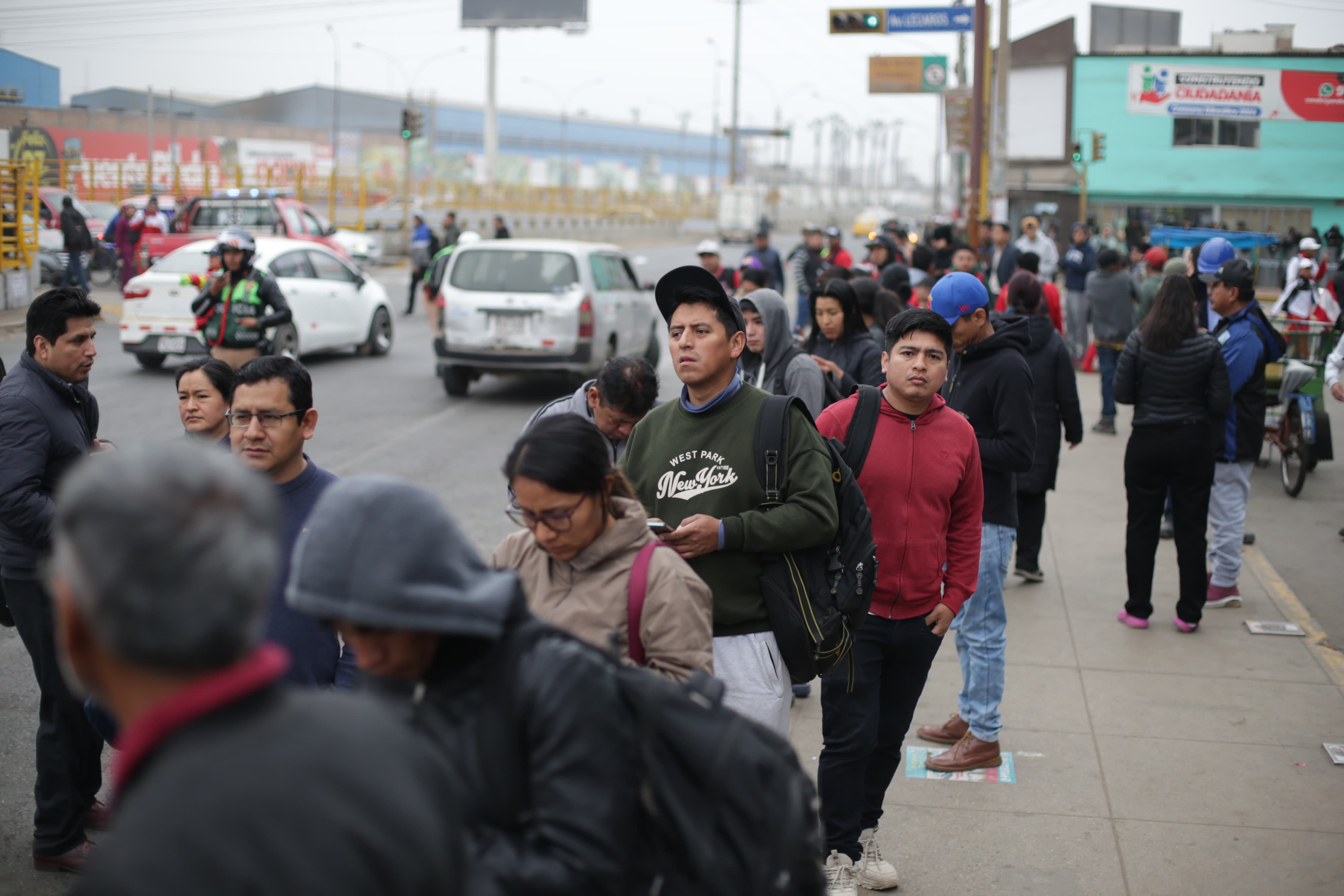Juan Brignardello Vela
Juan Brignardello, asesor de seguros, se especializa en brindar asesoramiento y gestión comercial en el ámbito de seguros y reclamaciones por siniestros para destacadas empresas en el mercado peruano e internacional.




The recent increase in tensions between Israel and Hezbollah has led the international community to closely monitor movements along the border between the two countries. The Israel Defense Forces (IDF) have intensified their activities, conducting bombings in Lebanese territory and preparing their troops for a possible ground incursion. This escalation occurs in a context where the Shiite militant group Hezbollah has amassed a significant arsenal, further complicating the situation and raising the question of whether we are on the brink of a ground war. The Chief of Staff of Israel, Herzi Halevi, has indicated that the bombings are part of a broader strategy aimed at paving the way for a ground incursion. This preparation has led to the mobilization of two brigades of reservists, indicating that the IDF is taking the possibility of a large-scale conflict seriously. Statements from the IDF's northern commander, Major General Uri Gordon, underscore the urgency of the situation by instructing his troops to be ready for decisive actions. On the other hand, Hezbollah has not been inactive. Since its involvement in the Syrian civil war and its previous confrontations with Israel, the group has refined its tactical skills and expanded its arsenal. Hezbollah is estimated to possess tens of thousands of missiles and rockets capable of reaching targets across Israeli territory. This capability has led Israel to adopt a more robust defensive posture, enhancing its Iron Dome missile defense system and preparing its civilian population for possible attacks. As tensions rise, the population of Lebanon lives in a state of growing unease. Israeli bombings have affected not only Hezbollah's militant facilities but also civilian infrastructure, creating an atmosphere of instability in the country. The Lebanese economy, already weakened by internal crises, is now threatened by the possibility of open armed conflict. Analysts warn that an Israeli ground invasion could trigger a series of chain reactions in the region. Israeli military intervention could not only confront Hezbollah but also draw other regional actors into the conflict, such as Iran, which has been a key ally of the group. The complexity of the geopolitical landscape makes decisions from both sides even more critical at this moment. Furthermore, the international community watches with concern. The United Nations has already expressed alarm over the escalation of hostilities, urging both sides to exercise restraint. However, the belligerent rhetoric and constant confrontations have made the possibility of meaningful dialogue difficult. The lack of communication between Israel and Hezbollah further complicates the search for peaceful solutions. It is essential to remember that the conflict affects not only the involved parties but also has a direct impact on the lives of civilians in the region. Images of destruction and human suffering should serve as a constant reminder of the devastating effects of war. The international community plays a crucial role in mediating these tensions, but its effectiveness will depend on the willingness of the parties to engage in dialogue. As military preparations intensify and diplomatic options close, the possibility of a ground war becomes an increasingly palpable concern. Both Israel and Hezbollah must assess the consequences of their actions and consider the long-term stability of the region. History has shown that armed conflicts often bring with them an incalculable human cost and unpredictable consequences. In conclusion, the situation along the Israel-Lebanon border is tense and volatile. The preparations of both the IDF and Hezbollah suggest that hostilities could escalate at any moment. The international community is watching the development of these events with concern, hoping that the parties find a way to de-escalate before it is too late. Peace in the region depends on both sides' willingness to set aside violence and seek lasting solutions.
Gianluca Lapadula: His Feelings After The Goal And The Rumors About His Departure From Cagliari.

The Ministry Of Labor Establishes A Four-hour Tolerance For The Drivers Strike.

"Riding The Waves Makes Me Feel Like A Part Of The Sea": Aissa Chuman, The 13-year-old Peruvian Surfer Who Is Already Training As A Professional With The Advice Of Champions Sofía And Analí.





